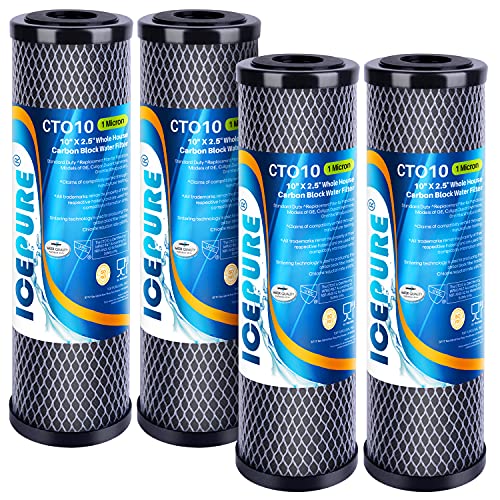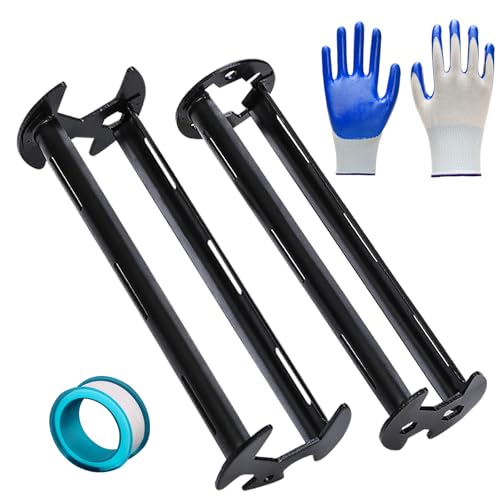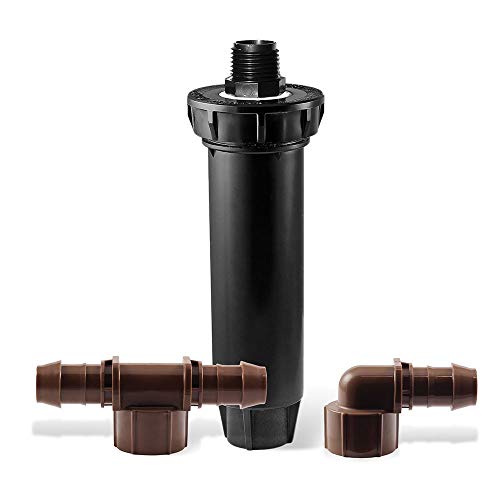BikeRider64
Member
We live in a walkup apartment in a nearly 70 year old 2 family home in Queens, NYC. Around 10 years ago the kitchen sink, faucet and cabinets were replaced with a basic Delta unit with a sprayer, with the spray hose attached to the faucet under the sink. However, since then the sprayer hose connection to the faucet has rusted and rotted and is leaking and needs to be replaced, but the hot and cold shutoff valves aren't shutting off the water supply which prevents the replacement. When turned clockwise as far as they'll go, the cold still lets out a small flow and the hot is still flowing at full strength.
Is this typical of valves this old from the 50's? We're renters without basement access to shut off the main water supply so I'm afraid of trying to apply more pressure to the valves in case they can still be turned in some more, for fear of breaking them and causing a flood. We told the landlord about this and they came over, but they're incredibly cheap and didn't commit to fixing either issue, the leaking sprayer hose connection or the non-working valves. In the end this could backfire on them if the hose falls off and causes a flood because we're unable to shut off the water, and I tried to tactfully explain this to them, but they're also kind of stupid that way, penny wise and pound foolish.
Anyway, I'm not looking for anyone to help us with landlord issues, just wondering if these valves are likely broken or just stuck and need to be turned in some more and can handle the extra force, or if we should leave them alone and have a pro fix it, after we work things out with the landlord. Either way the solution seems to be to install secondary shutoff valves between the hot and cold hoses and the supply pipes, so we don't have to mess with the older, primary valves. Would that work?
Is this typical of valves this old from the 50's? We're renters without basement access to shut off the main water supply so I'm afraid of trying to apply more pressure to the valves in case they can still be turned in some more, for fear of breaking them and causing a flood. We told the landlord about this and they came over, but they're incredibly cheap and didn't commit to fixing either issue, the leaking sprayer hose connection or the non-working valves. In the end this could backfire on them if the hose falls off and causes a flood because we're unable to shut off the water, and I tried to tactfully explain this to them, but they're also kind of stupid that way, penny wise and pound foolish.
Anyway, I'm not looking for anyone to help us with landlord issues, just wondering if these valves are likely broken or just stuck and need to be turned in some more and can handle the extra force, or if we should leave them alone and have a pro fix it, after we work things out with the landlord. Either way the solution seems to be to install secondary shutoff valves between the hot and cold hoses and the supply pipes, so we don't have to mess with the older, primary valves. Would that work?























































